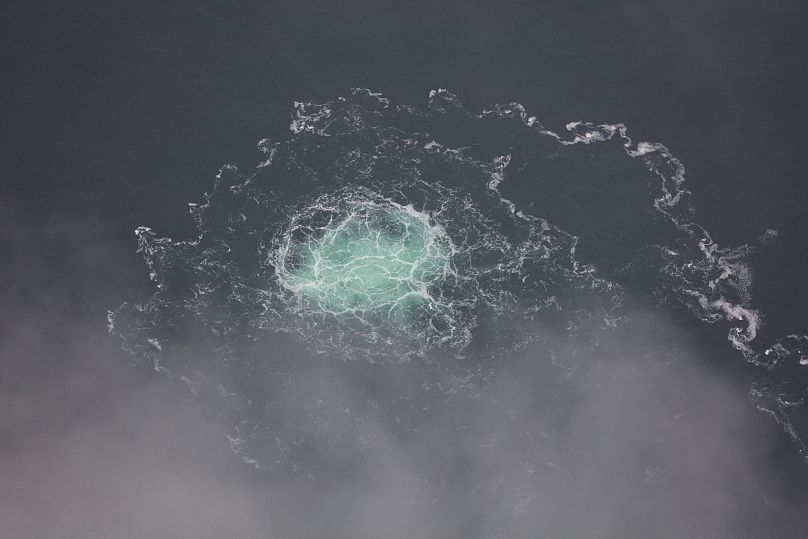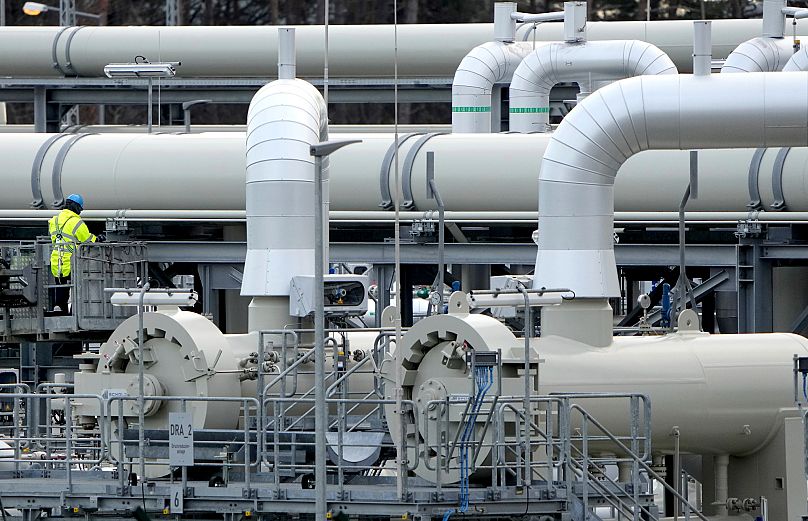The explosions ruptured the Nord Stream 1 pipeline, which carried Russian natural gas to Germany under the Baltic Sea until Russia cut of supplies at the end of August 2022.
Italy's top court has rejected the extradition to Germany of a Ukrainian man arrested on suspicion of setting off explosions that damaged the Nord Stream gas pipelines in 2022, his lawyer said on Thursday.
 ADVERTISEMENT
ADVERTISEMENT
 ADVERTISEMENT
ADVERTISEMENT
Italy's Cassation Court annulled a previous decision by a Bologna appeals court on Wednesday, which had ordered the extradition to Germany of the 49-year-old suspect, Serhii Kuznietsov.
The Italian top court has now demanded another panel of the same appeals court to reassess the case, said Kuznietsov's lawyer, Nicola Canestrini.
Canestrini said the motivations of the Cassation court's decision have not been filed yet and are expected in the coming weeks.
"In the meantime, I will evaluate whether the conditions exist to request my client's release, since the legal basis for detention has ceased to exist," Canestrini added.
The explosions ruptured the Nord Stream 1 pipeline, which carried Russian natural gas to Germany under the Baltic Sea until Russia cut of supplies at the end of August 2022.
They also damaged the parallel Nord Stream 2 pipeline, which never entered service because Germany suspended its certification process shortly before Russia invaded Ukraine in February 2022.
German prosecutors opened an investigation after the explosions and officials have pointed to an interest in clearing up what happened.
Kuznietsov was detained on a European arrest warrant on 21 August, at a camping ground near the Adriatic coastal city of Rimini, where he was on holiday with his family.
During his first hearing confirming his detention, Kuznietsov denied any involvement in the explosions, saying he was in Ukraine where he was serving in the army as a captain at the time of the blasts.
German prosecutors allege that Kuznietsov organised and carried out the detonation of at least four bombs between 14 and 27 kilograms at a depth of 70-80 metres in the Baltic Sea near the Danish island of Bornholm on 26 September 2022, according to the extradition papers.
Polish authorities arrested another Ukrainian citizen last month who is also suspected of involvement in the undersea explosions.
The Warsaw District Court is expected to rule on his extradition on Friday, but the decision can be appealed.
Prime Minister Donald Tusk said in early October that it was not "in the interest of Poland" to extradite the man.












